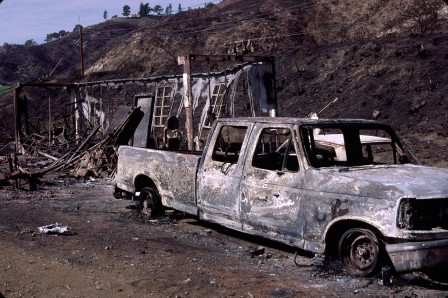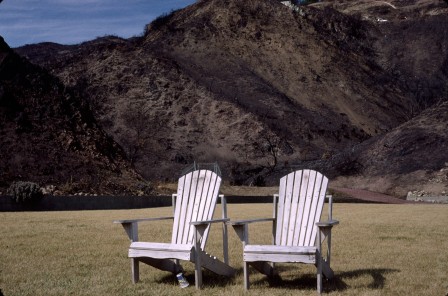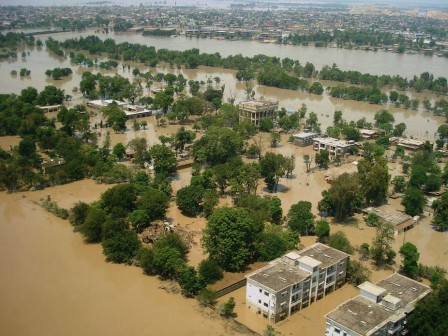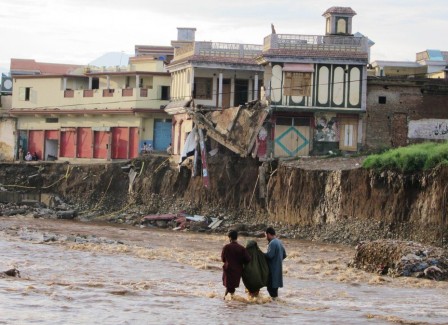Disasters In 2010: Nine-Tenths Were Severe Weather-Related Events Linked To Climate Change
Globally, a growing majority of people are starting to understand that climate change and global warming mean extreme weather. Last week New Yorkers were under two feet of snow. In Australia, Queensland is experiencing a flood of biblical proportion that covers an area as big as France and Germany combined. In 2010, floods killed thousands in Pakistan and China, and Russia experienced a record heat wave that resulted in huge forest fires killing more than 50,000 people. Yet governments worldwide, even in Europe where politicians are not contesting the reality of climate change, are failing to address fully this issue that represents a “clear and present danger” to our very survival.
On Monday, the German re-insurer giant Munich Re said that major global catastrophes in 2010 resulted in overall losses amounting to $130 billion. Of the total losses, only around $37 billion were insured. In terms of human fatalities, the earthquake in Haiti, floods in Pakistan and China, and fires in Russia made 2010 an exceptionally bad year. Globally, 295,000 people were killed by disasters in 2010.
“The high number of weather-related natural catastrophes and record temperatures, both globally and in different regions of the world, provide further indications of advancing climate change,” said the Munich Re’s report.
Munich Re, which is the world’s top re-insurer, accounted for a total of 950 natural disasters last year. It makes 2010 the second worst year on record since 1980. The average number of disasters over the past 10 years was 785. According to Munich Re, the average number of natural catastrophes over the past 30 years was 615, with an average fatalities number standing at 66,000.
The report also notes that amongst the 950 natural disasters recorded last year, nine-tenths were weather-related events such as storms and floods. As far as ranking disasters by the number of fatalities: Haiti was on top with 222,570 killed; Russia came second with 56,000 people killed by the forest fires resulting from the heat wave; China was third with 4,170 killed by earthquake, landslides and floods; Pakistan was fourth with 1,760 victims from the floods.
“2010 showed the major risks we have to cope with. There were a number of severe earthquakes. The hurricane season was also eventful, it was just fortunate that the tracks of most of the storms remained over the open seas,” said Torsten Jeworrek, Munich Re’s CEO.
So, as far as hurricanes, 2010 could have been a lot worse. Professor Peter Hoppe, head of Munich Re’s Geo Risks Research notes that the number of storms was well above average, but they just did not make land fall in highly populated areas.
“That is in line with the trend of the past 30 years, in which all ocean basins showed an increase in water temperatures. This long-term trend can no longer be explained by natural climate oscillations alone. No, the probability is that climate change is contributing to some of the warming of the world’s oceans,” said Professor Hoppe from Munich Re.
Climate change and global warming deniers should take a hard look at the report from Munich Re and understand that climate change is a direct cause of extreme weather such as severe storms, hurricanes, heat waves, and floods. In Germany, denying the Holocaust is a crime, and it would not be surprising if, in a couple of generations, denying climate change becomes a crime as well, at least for policymakers. However, as long as US politicians remain in the back pocket of oil companies, no real progress will be made to curtail this global disaster in the making.
Related Articles

















9 Responses to Disasters In 2010: Nine-Tenths Were Severe Weather-Related Events Linked To Climate Change
You must be logged in to post a comment Login